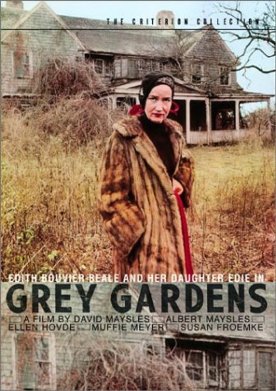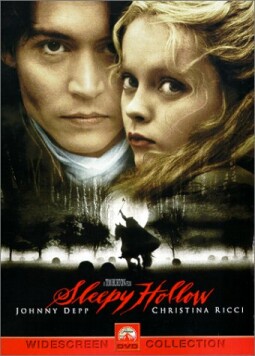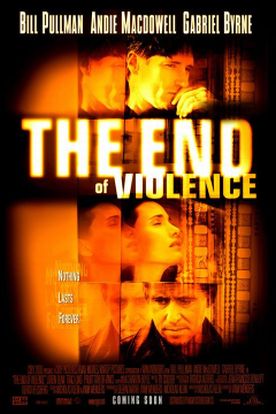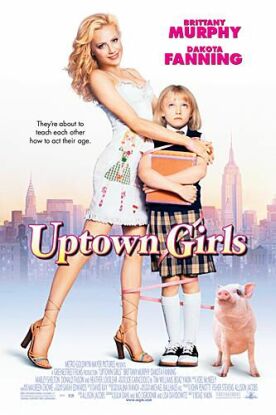Grey Gardens
Grey Gardens by David and Albert Maysles is a re-release of the film they made in the 1970s about two women made interesting to the camera by the accident of celebrity, yet whose interest for us is owing simply to their strange and rather pathetic humanity. Edith Bouvier Beale and her daughter of the same name were Jackie O’s aunt and cousin. In the early 70s they were found by the press living in an appallingly run-down mansion in East Hampton, Long Island with many cats and not many wits left between them. David and Albert Maysles took their camera out to Long Island in 1975 and let the two Edies perform, as they were both eager to do. The resulting film, named after the tumble-down, overgrown family mansion, is compelling viewing.
Edie Jr always wears a headscarf and both Edies favor revealing costumes and a coquettish manner to the camera and their young interviewers, though one was in her eighties and the other in her fifties. Edie Sr was a singer who reminisces about her domestic triumphs, entertaining family and friends, and occasionally essays a bit of “Tea for Two” or another of the songs of her youth in a voice that she insists she can still get back into the shape it was in in her forties. Edie Jr was a dancer and likewise shows off a few steps. Though she never leaves East Hampton, for all her frequent insistence that she wants to get out, get away from her mother and go to New York. “It’s very difficult to keep the line between the past and the present,” she says.
There are moments of riotous humor sprinkled throughout the film. We see, for example, Edie Jr reading a book of horoscopes about “the Libra man” : “All I have to do is find this Libra man,” she says, apparently without any self-consciousness. When it says that he is an ordered sort of person, she says: “My God, that’s all I need: order.” That much is certainly true, but she is somehow incapable of recognizing how far in the past she has left the possibility of ever achieving it. The house and grounds are in a state of almost comical decay, but she goes up to the attic to put out a whole loaf of Wonder Bread for the raccoon that lives up there. At one point, her mother remarks that “The cat’s going to the bathroom right behind my portrait; isn’t it awful?” But it never appears to occur either to daughter or to mother that any other way of life is possible.
Much of comedy resides in our being able to see what the comic figure cannot, although it lies in plain sight. Self-delusion is always a rich mine of humor, and rarely do we get to see so striking an example of it as we do in Grey Gardens. The two women constantly bicker and accuse each other of the disaster that both of their lives have become and that neither is willing to do anything about. The mother moans: “I’ll have to start drinking. I can’t take it. She’s going to make a drunkard out of her mother.” Meanwhile, the daughter is always going on about how she can’t spend the winter in the country and she can’t get her figure back until she gets to New York City. “Any little rat hole, even on 10th Avenue. I would even like that, she says.
New York becomes for her the ever-receding prospect of escape. “I can’t see any other future,” she says, although the real future keeps piling up at the door of Grey Gardens like dead leaves. Fitfully, she complains of her mother’s having made her come and care for her—and so “I missed my big chance,” she says. Mom shoots back at once: “That married man wasn’t going to give you any chance.” Though they are both staunch Catholics, they listen to Norman Vincent Peale on the radio. “I am a child of God and I was intended to get on top of things and I was intended to stay there,” says Peale’s booming voice, and the two women who haven’t been on top of anything but each other for decades nod in agreement.
Most impressively, this is a film about time and the passage of time. Edie Sr had been married to Phelan Beale, a wealthy member of New York Society in the 20s. She still speaks well of him, though he later left her for a younger woman. Edie Jr was never married. Photos of both women when young show them to have been very attractive—and of course conventional. “It’s just a girl from a good French family with a very pretty face,” says mother sadly about her daughter’s photo. “See how pretty Edie was when she was young?” says her mother. “It’s perfectly foolish of her not to look that way now.” Instead she’s a wacko old maid living in a shack full of cat poop and feeding the raccoon in the attic. When Edie Sr sings in her screechy old lady voice that “You and the night and the music/Fill me with flaming desire. . .” she pauses at the line: “Make the most of time before it has flown.” The ruins of her voice in the ruins of her body in the ruins of her house in the ruins of her garden form a fascinating and movingly melancholy image of decay and the vanity of human wishes.
Discover more from James Bowman
Subscribe to get the latest posts to your email.







